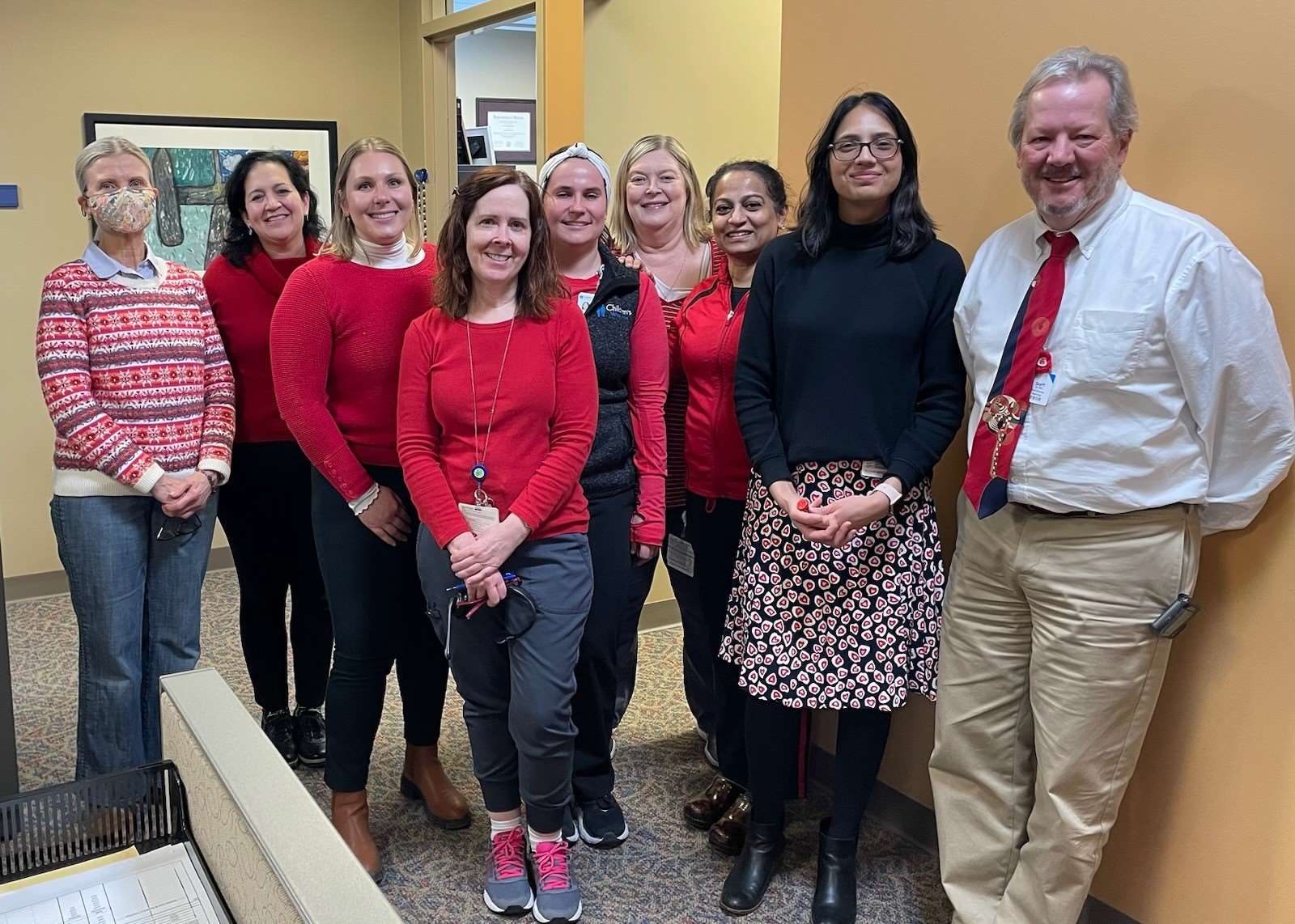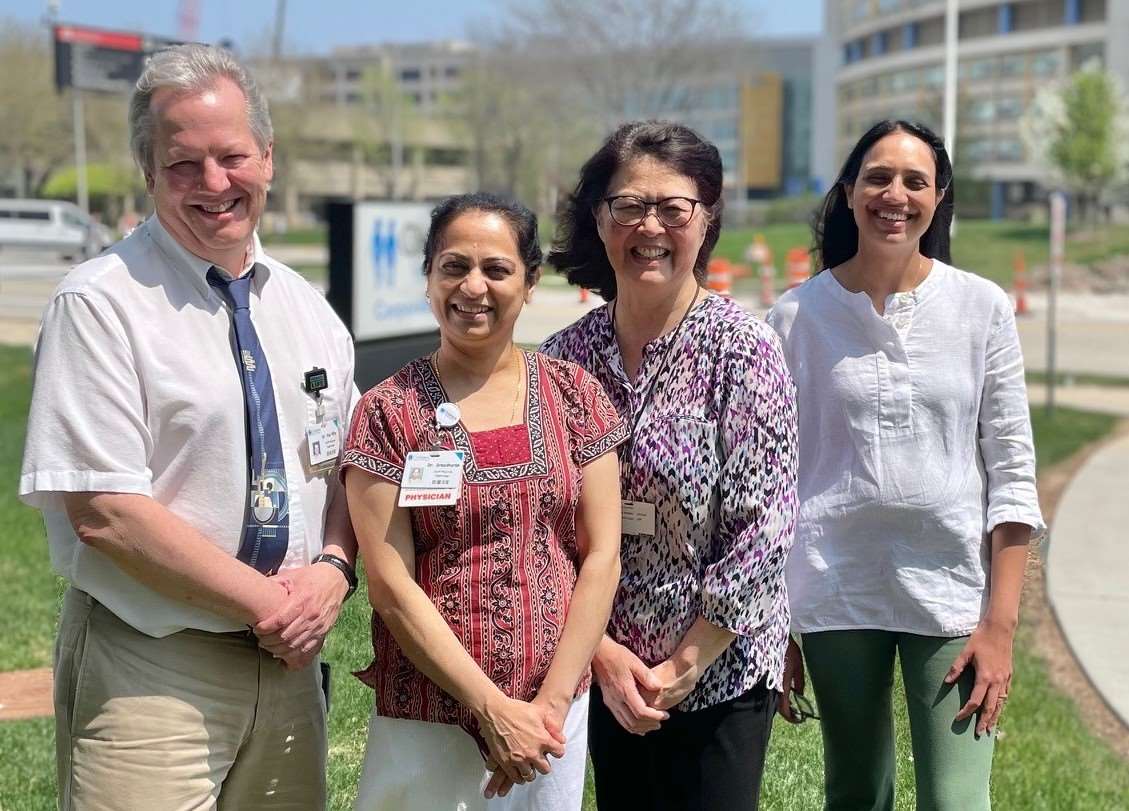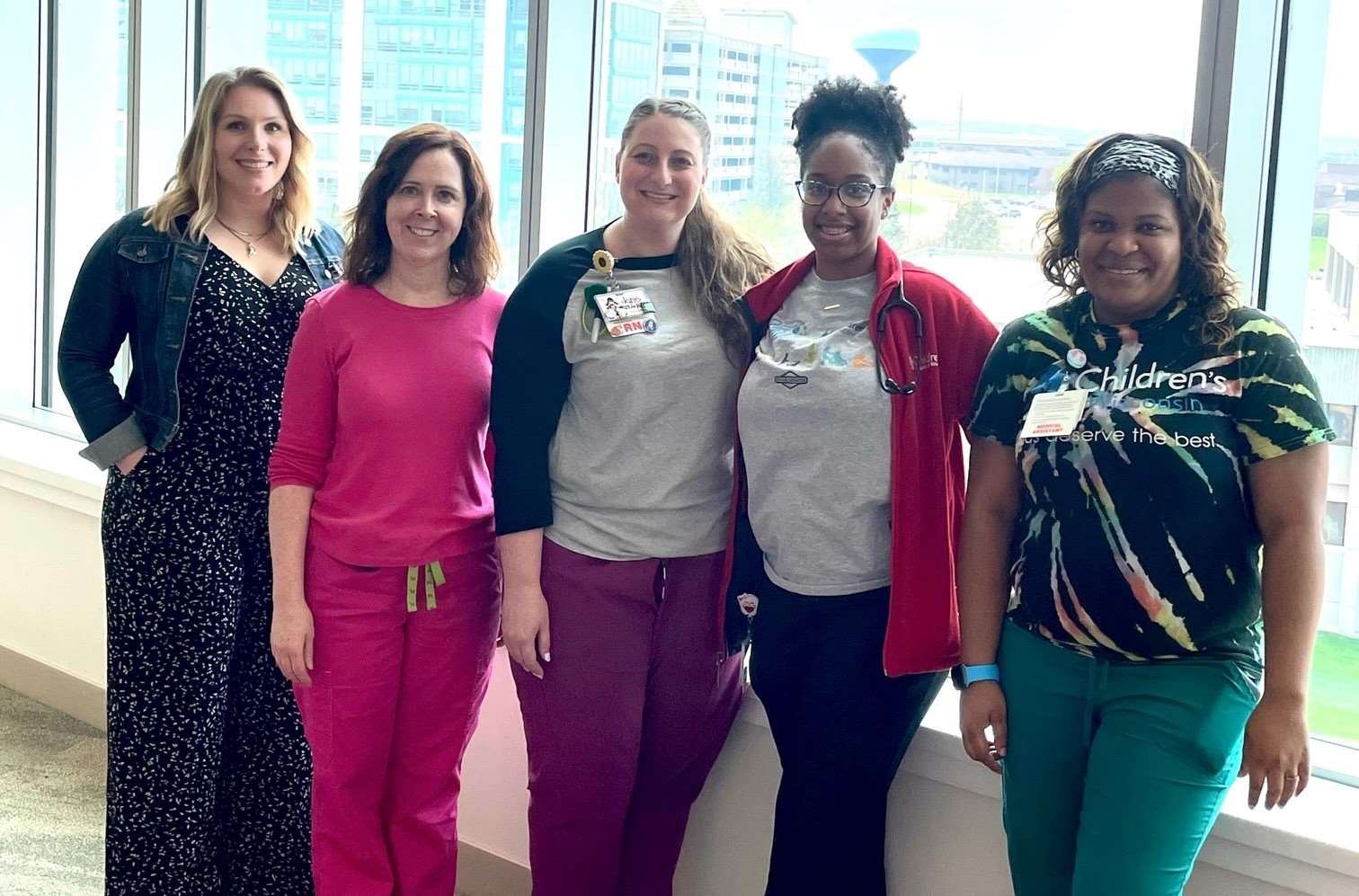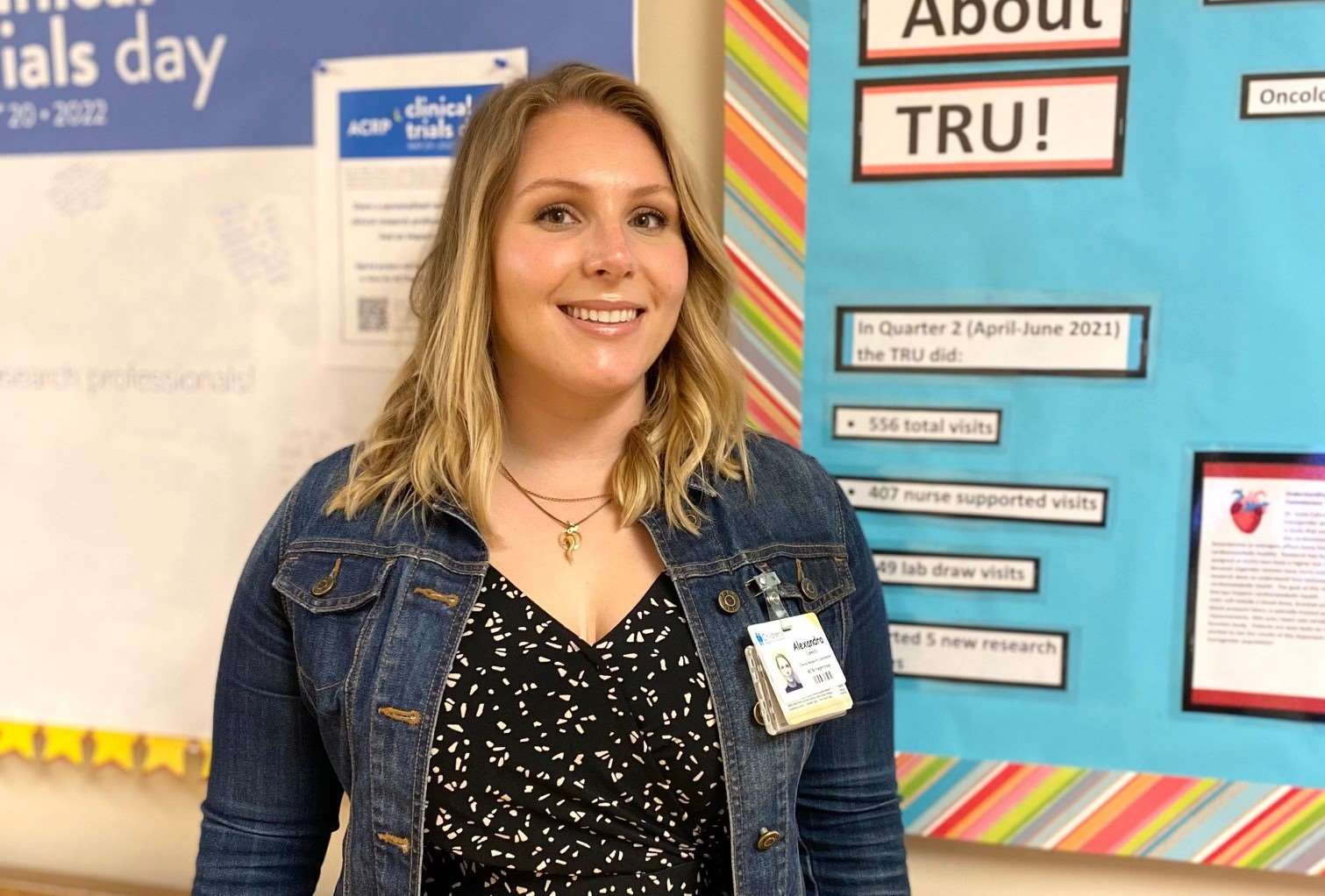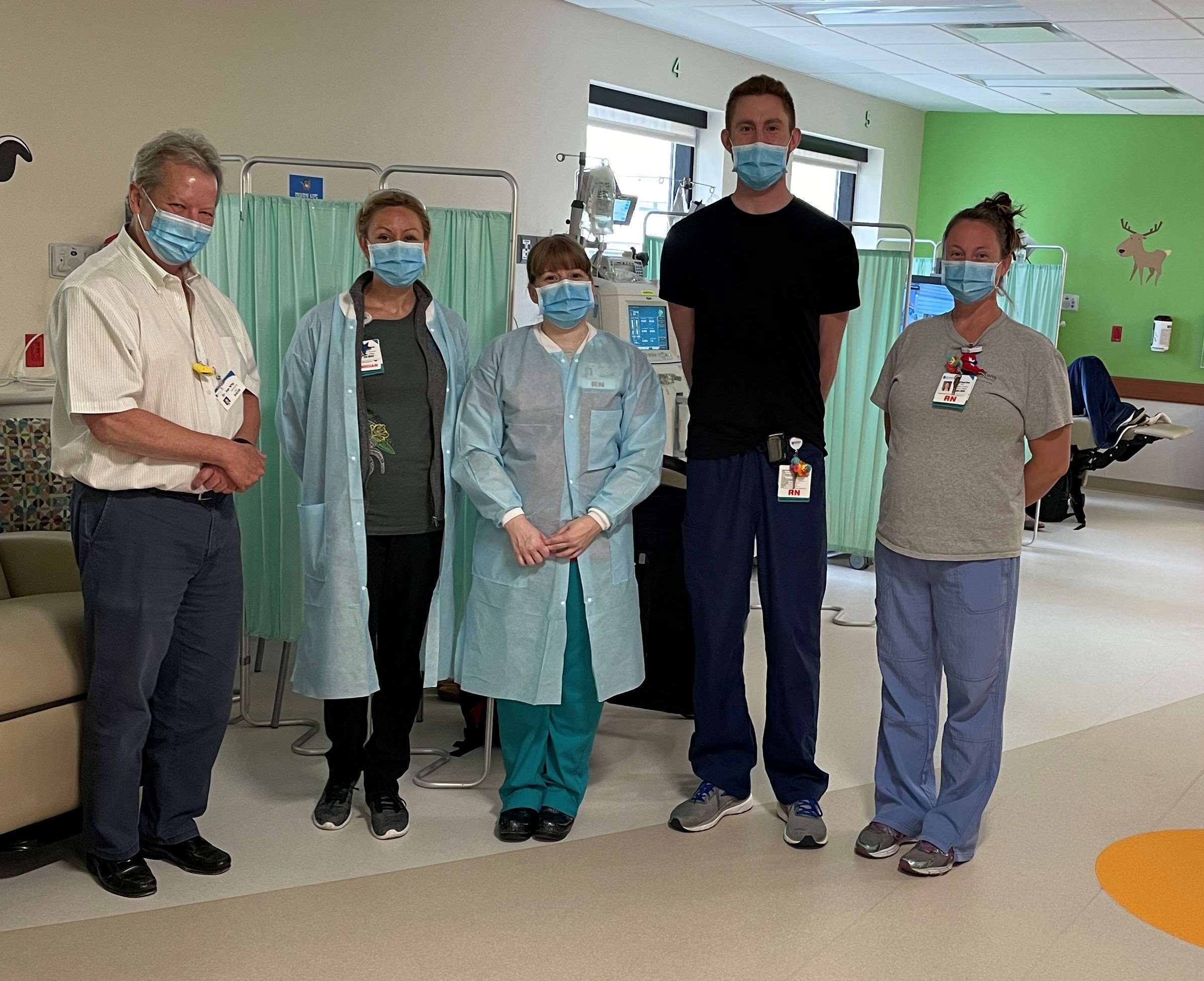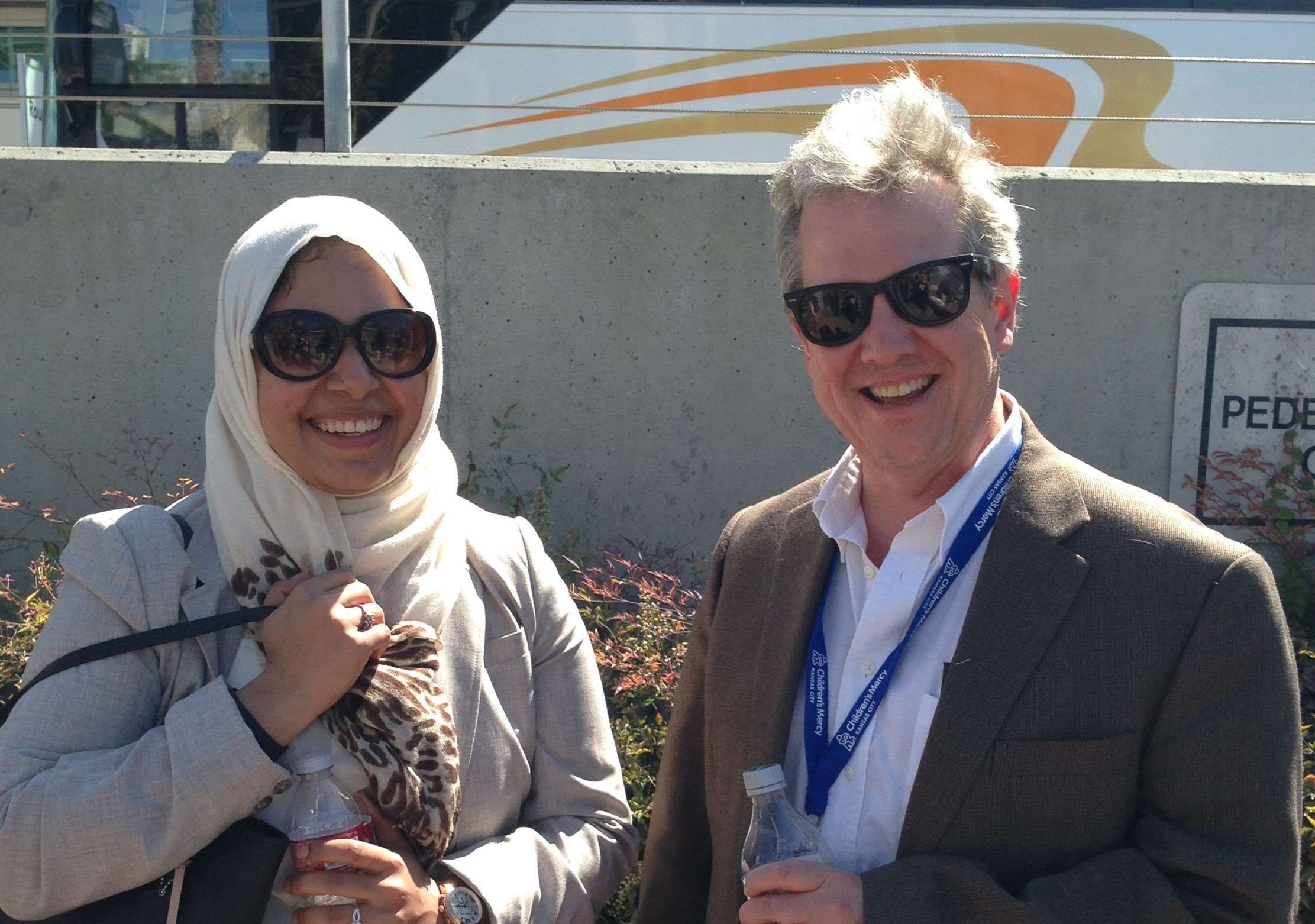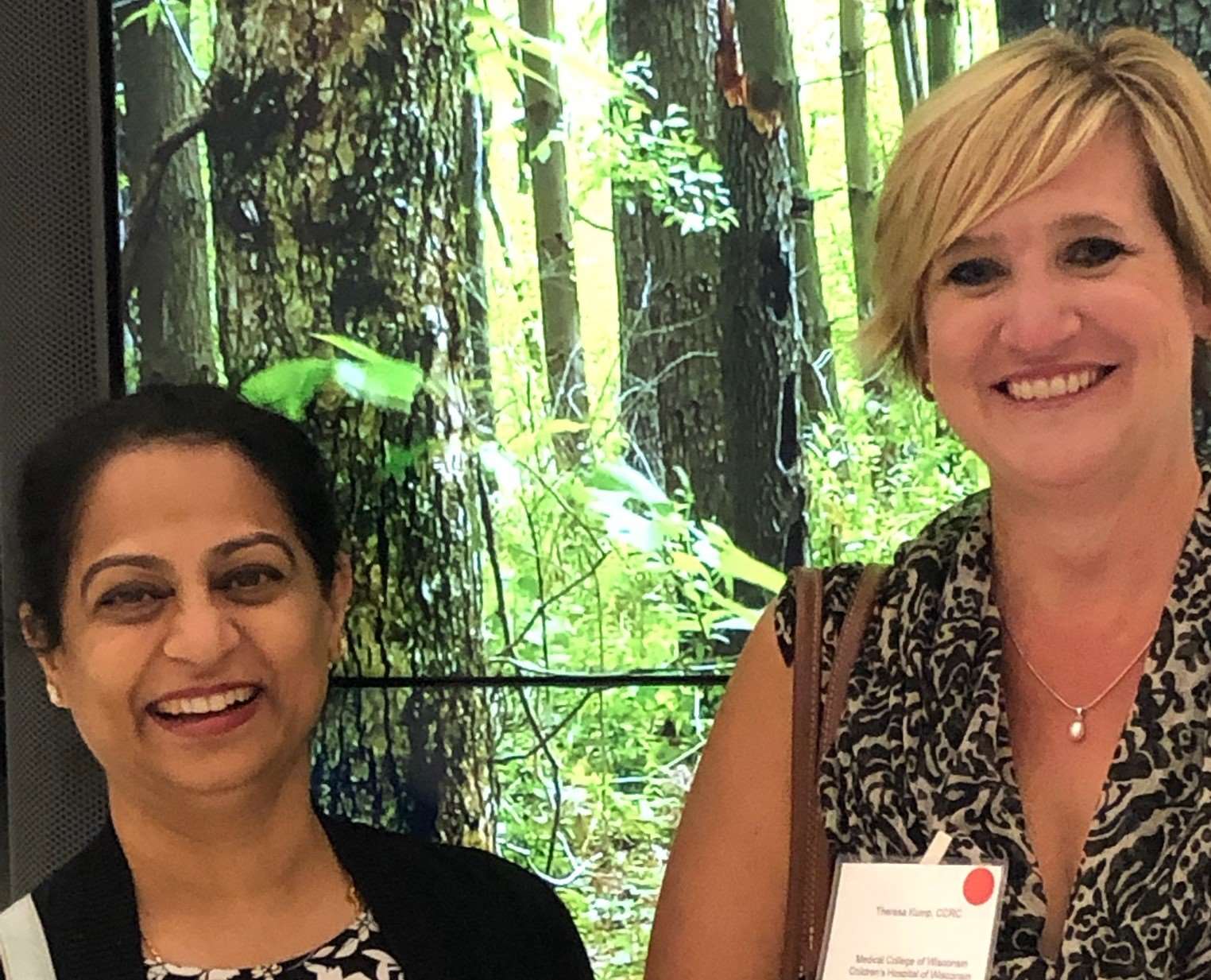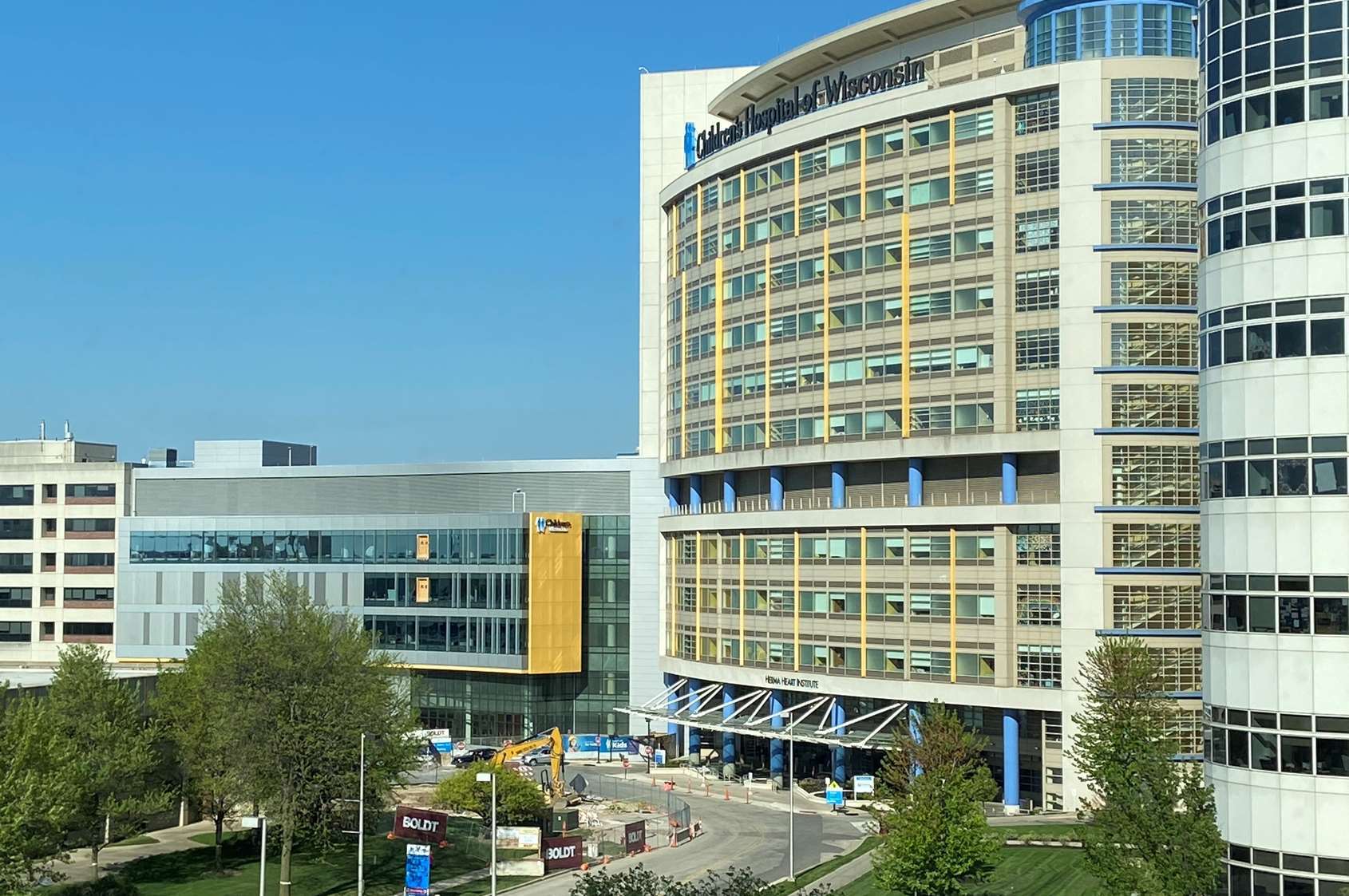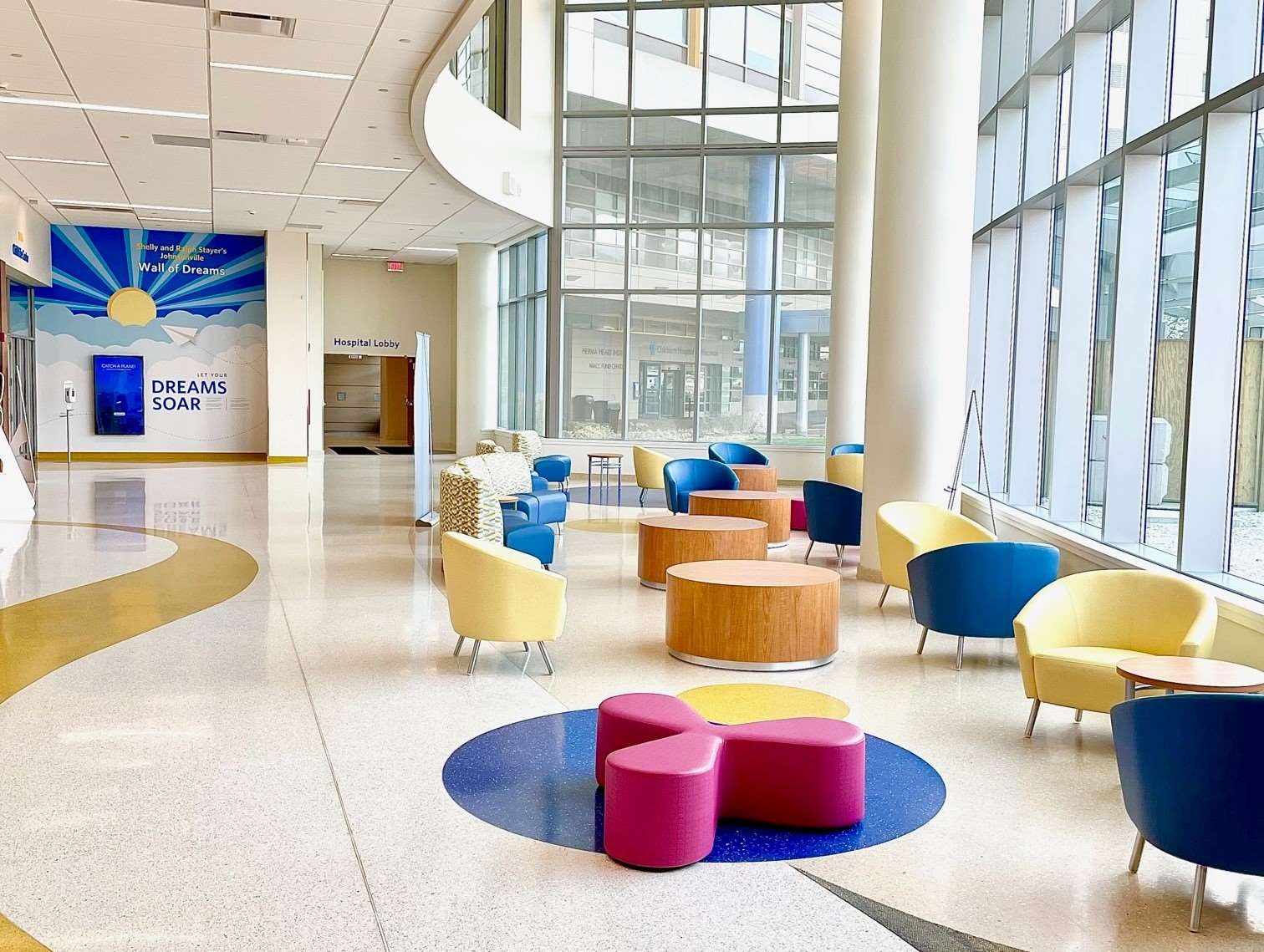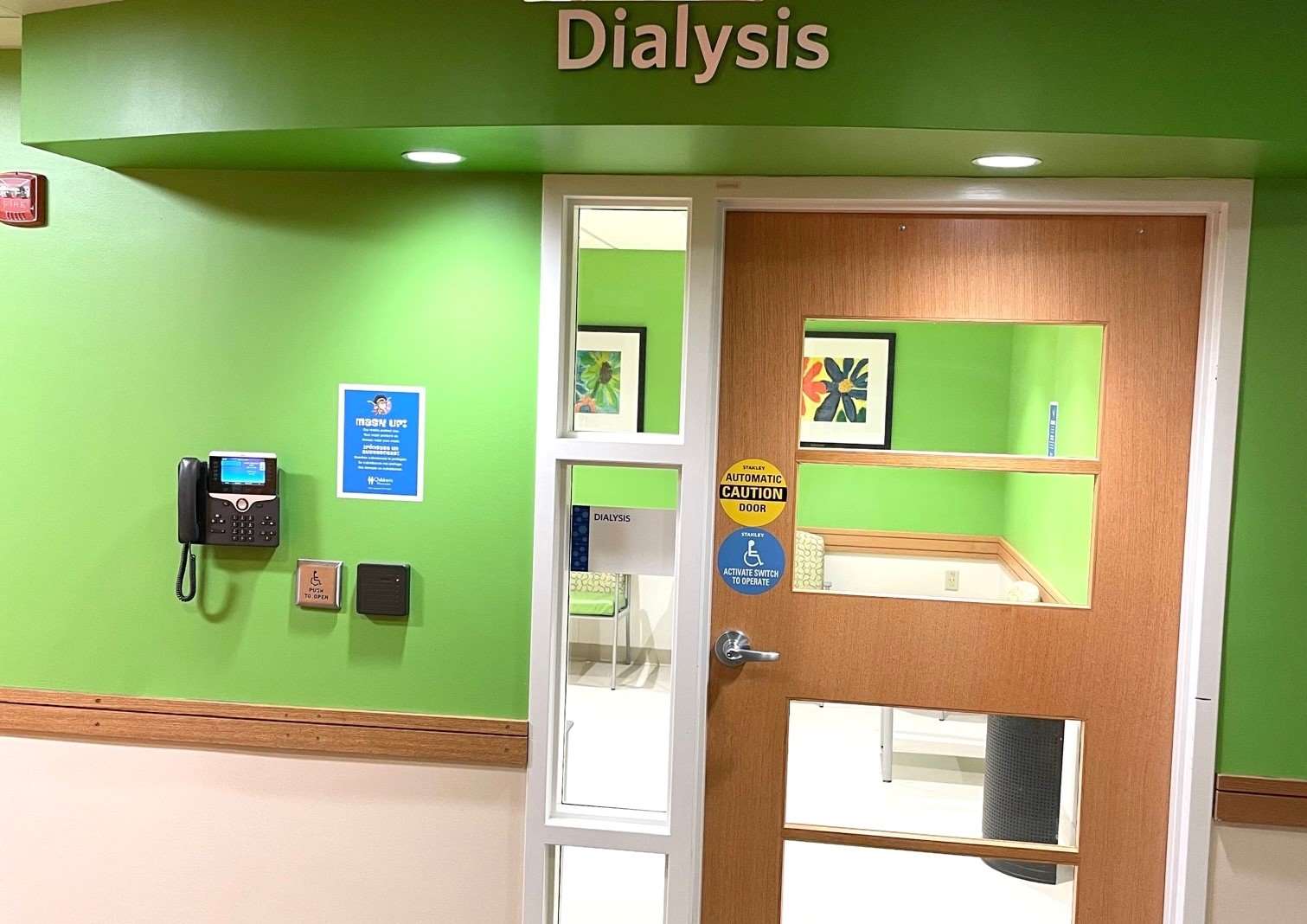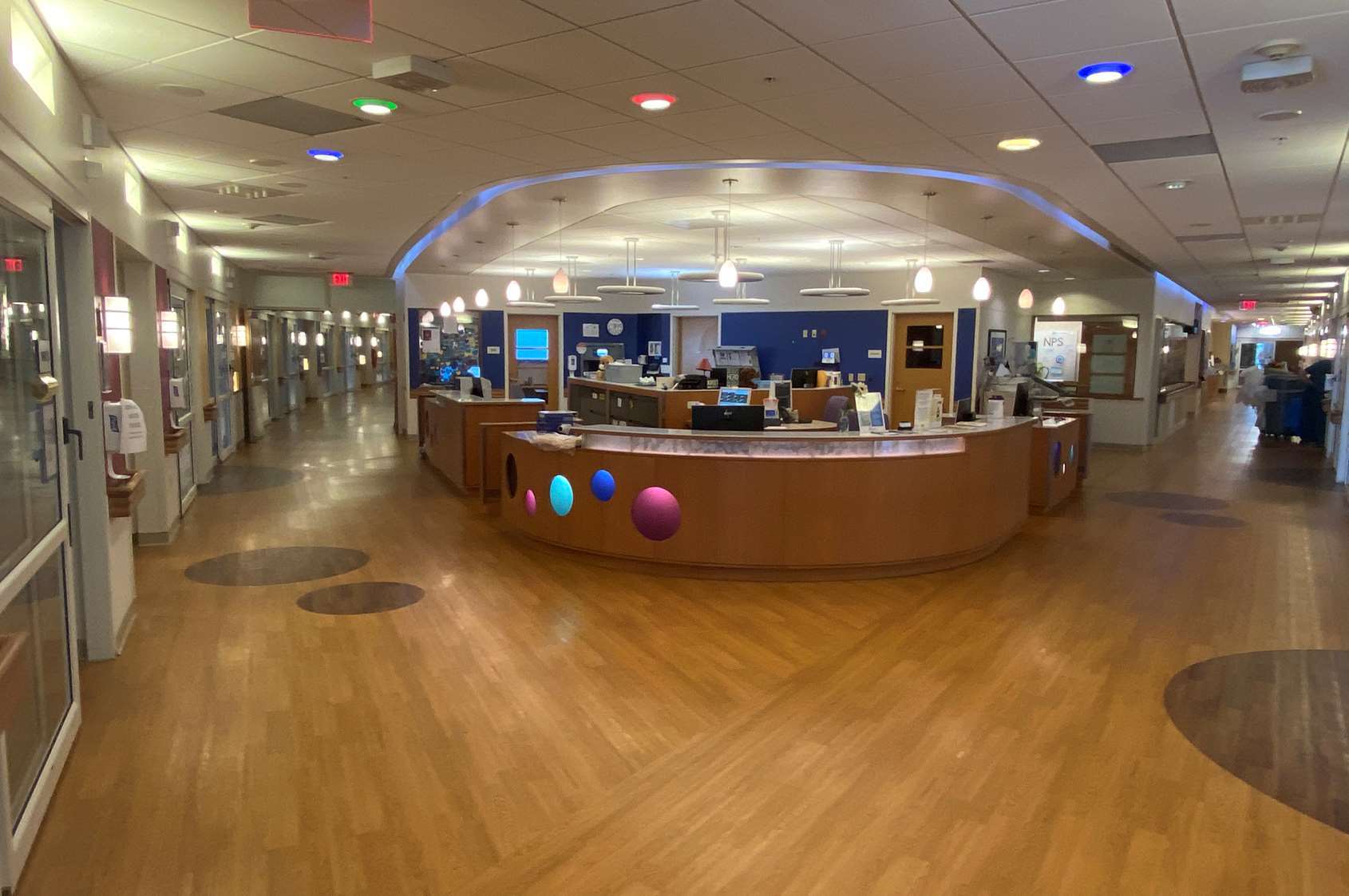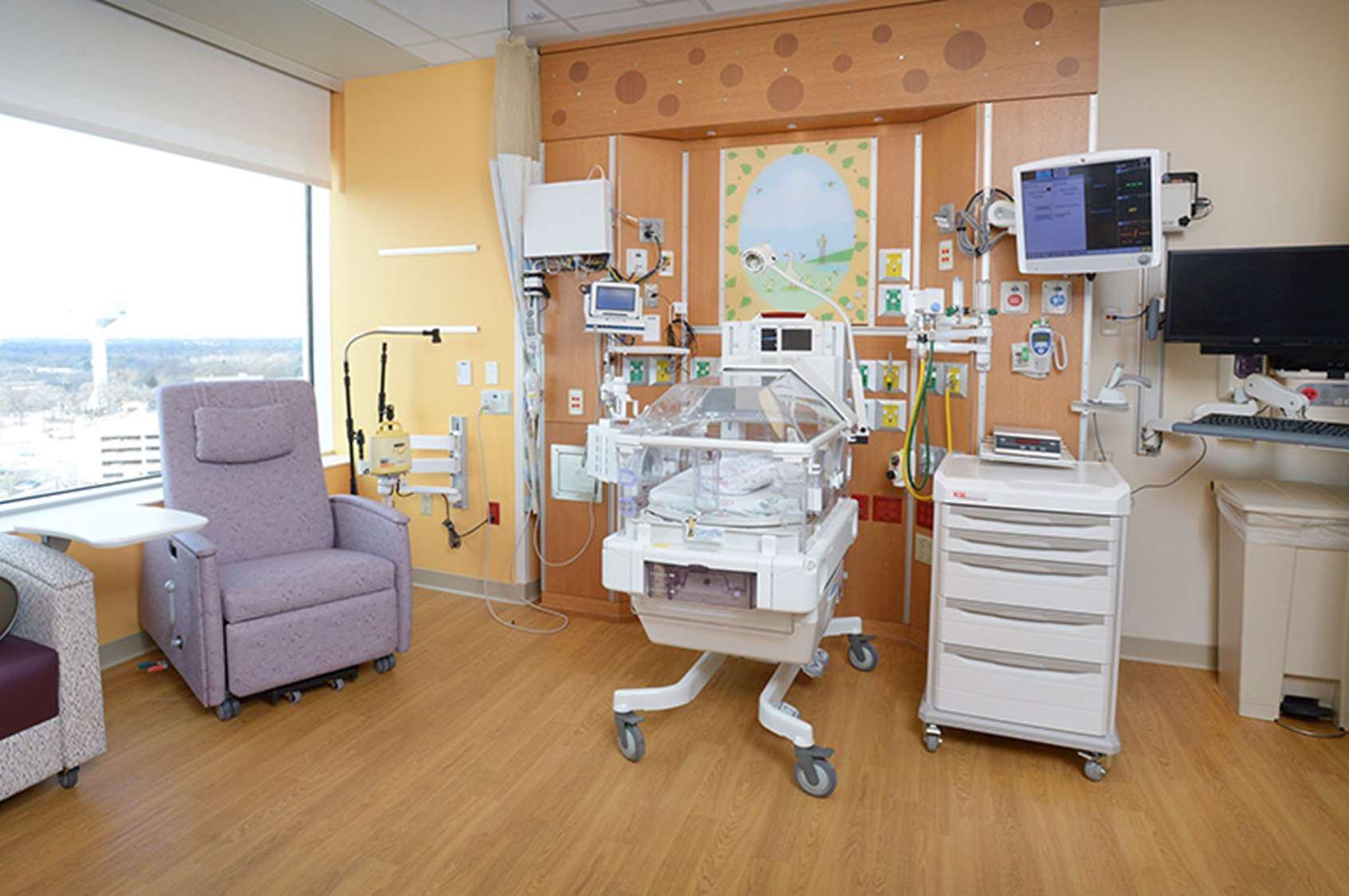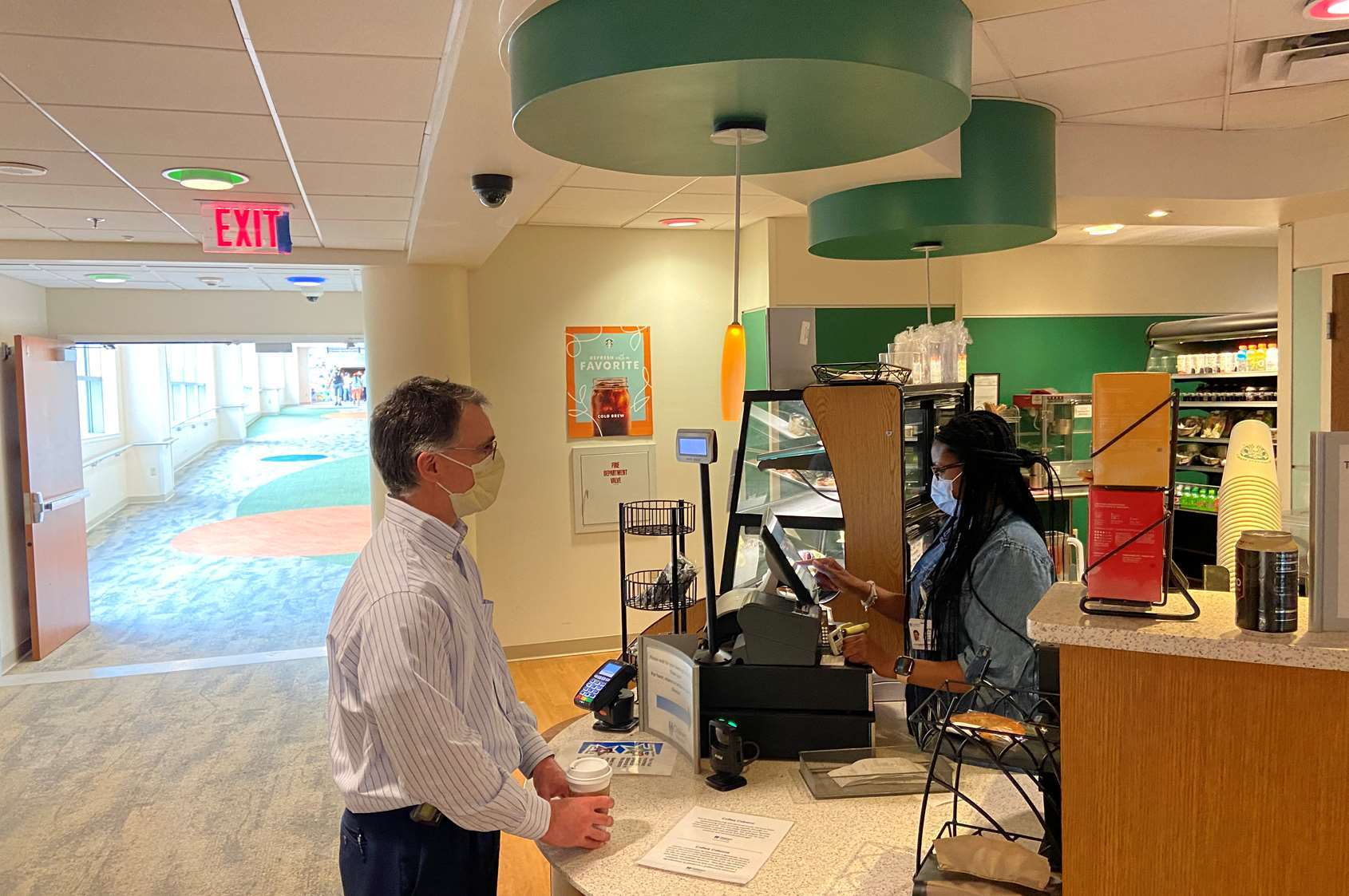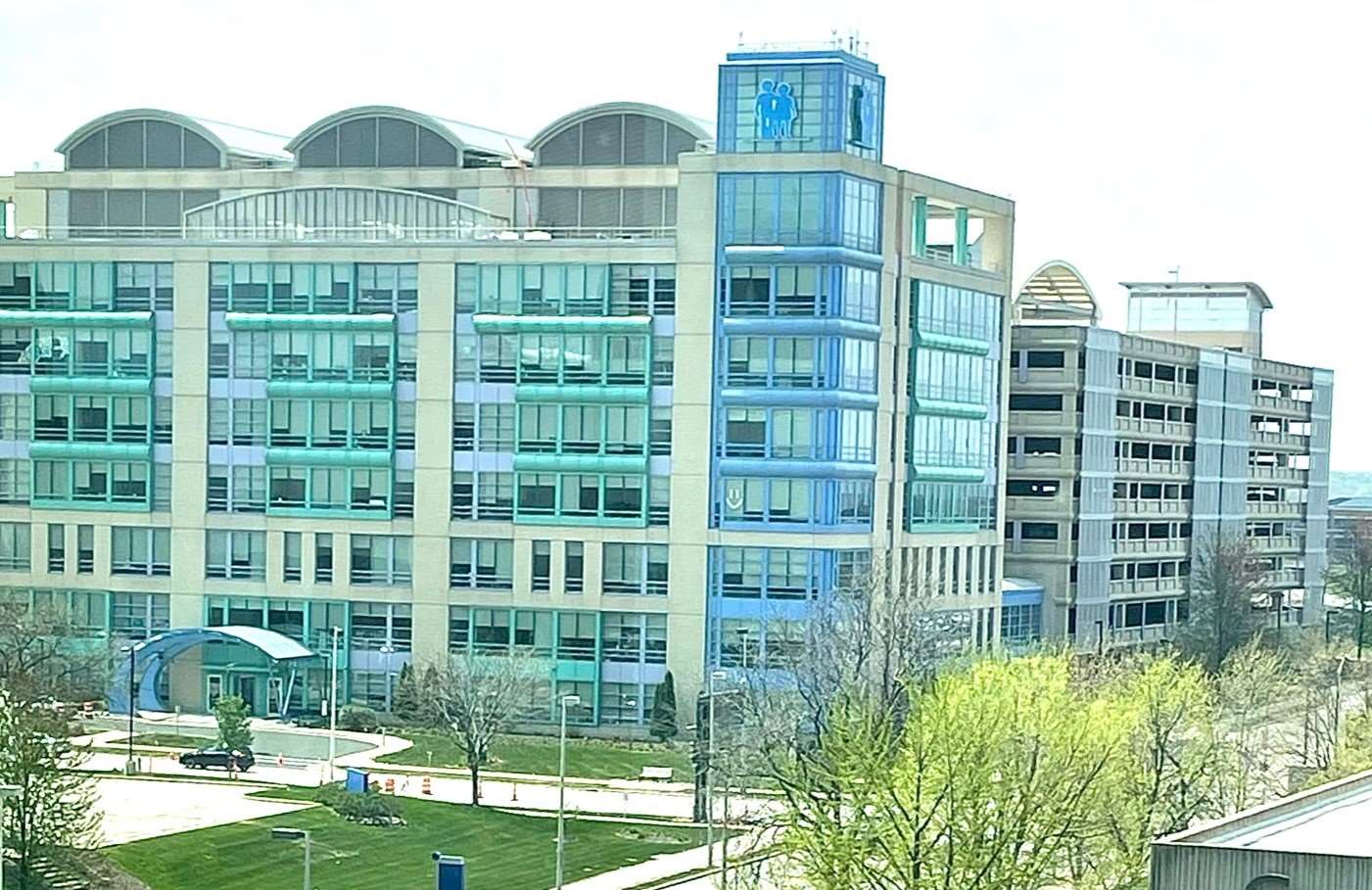Medical College of Wisconsin Pediatric Nephrology Fellowship

A Message from Our Fellowship Program Director
The Pediatric Nephrology Fellowship program at the Medical College of Wisconsin and Children’s Wisconsin hospital is dedicated to training the future leaders of Pediatric Nephrology. Our goal is to develop each trainee into an outstanding clinical and academic pediatric nephrologist. Our program provides a rich clinical environment with abundant resources for training in outpatient care, acute inpatient nephrology, kidney transplantation, and pediatric dialysis in our free-standing 280-bed children’s hospital. Academic pursuits are individualized to the trainees’ interests with mentoring from highly respected faculty throughout the medical college. We offer academic pathways in clinical research, basic science research, quality improvement or education. Our team encourages an environment of learning and is committed to provide fellows the time, guidance and support to succeed. We welcome you to visit us and see for yourself!
Vaishali Singh, MD
Assistant Professor, Pediatric Nephrology
Associate Program Director, Fellowship Program
Meet Our Chief
Jennifer Jetton, MD, Professor of Pediatrics, the Chief of Nephrology and the Medical Director for Renal and Hypertension, discusses the fellowship, MCW, Children's Wisconsin and Milwaukee.
Totally Random, Totally Wonderful Milwaukee
Milwaukee is the city built on beer and brewing that is also an Old Fashioneds oasis and Bloody Mary metropolis. It is America’s Third Coast with the flying Milwaukee Art Museum on Lake Michigan and the home base of Harley-Davidson. Milwaukee is the community of culinary convergences from traditional fare like cheese curds and bratwurst to cuisine created by James Beard-recognized chefs. The city is the site of the tavern that pedals on the pavement and paddles on the water. All of it is totally random, totally wonderful, and totally Milwaukee.
As a Pediatric Nephrology fellow you will...
- Master your skills in patient care, research, and education at a free-standing children’s hospital with a catchment area of more than 9 million.
- Become an integral part of our Nephrology, Kidney Transplant & Dialysis teams
- Maintain a well-balanced schedule that will provide a meaningful clinical experience and protected time for learning and exploring your interests
- Work with faculty who are dedicated to your education and success
- Receive resources and mentorship for you to explore a research project or academic focus
- Participate in educational conferences to advance your knowledge in nephrology and pediatrics
- Travel and learn to present your scholarly work at local and national conferences
About Our Institutions
Medical College of Wisconsin (MCW)
The Medical College of Wisconsin brings together the most inquisitive minds in science, medicine, education and community engagement to solve the toughest challenges in health and society today. Academic medicine is at the core, where scientists, physicians and students work hand-in-hand with the community to ask the questions no one else is and fuel the continuous cycle of knowledge that’s shaping the future of medicine.
Children’s Wisconsin
Children’s Wisconsin is the region’s only independent health care system dedicated solely to the health and well-being of children. We offer a wide range of care and support for children of all ages. Our services include medical care, dental care, child and family counseling, foster care, adoption, social services, child advocacy and injury prevention.
About Our Fellowship
Our Fellowship in Photos
Our Spaces and Places
The moment I entered the MCW campus and met with the faculty and staff in pediatric nephrology I felt very welcomed. I knew that I would totally enjoy my fellowship years here; and I did. I learned a lot during my years of fellowship. There are plenty of opportunities available which along with the flexibility provided by the program gives you freedom to develop your portfolio just the way you want. The breadth of clinical exposure is extensive. The staff is very supportive and helps you remain focused on the clinical work and also helps protect your research time."
Ameya Patil, MD, MS
Meet Our Fellow
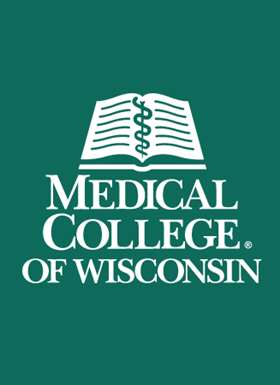
Timothy Yung, MD
Nephrology Fellow
Medical School: Rush Medical College; Residency: Medical College of Wisconsin, Milwaukee, WI
Our Team

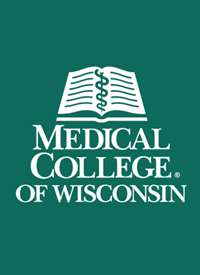
Corinne Dean
Administrative Coordinator
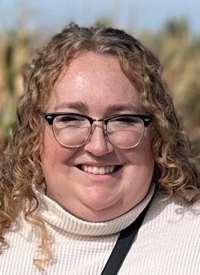
Erin Penzel
Education Program Coordinator II
Fellowship Program Contact
Pediatrics Nephrology
Children's Corporate Center
999 N. 92nd St.
Milwaukee, WI 53226


